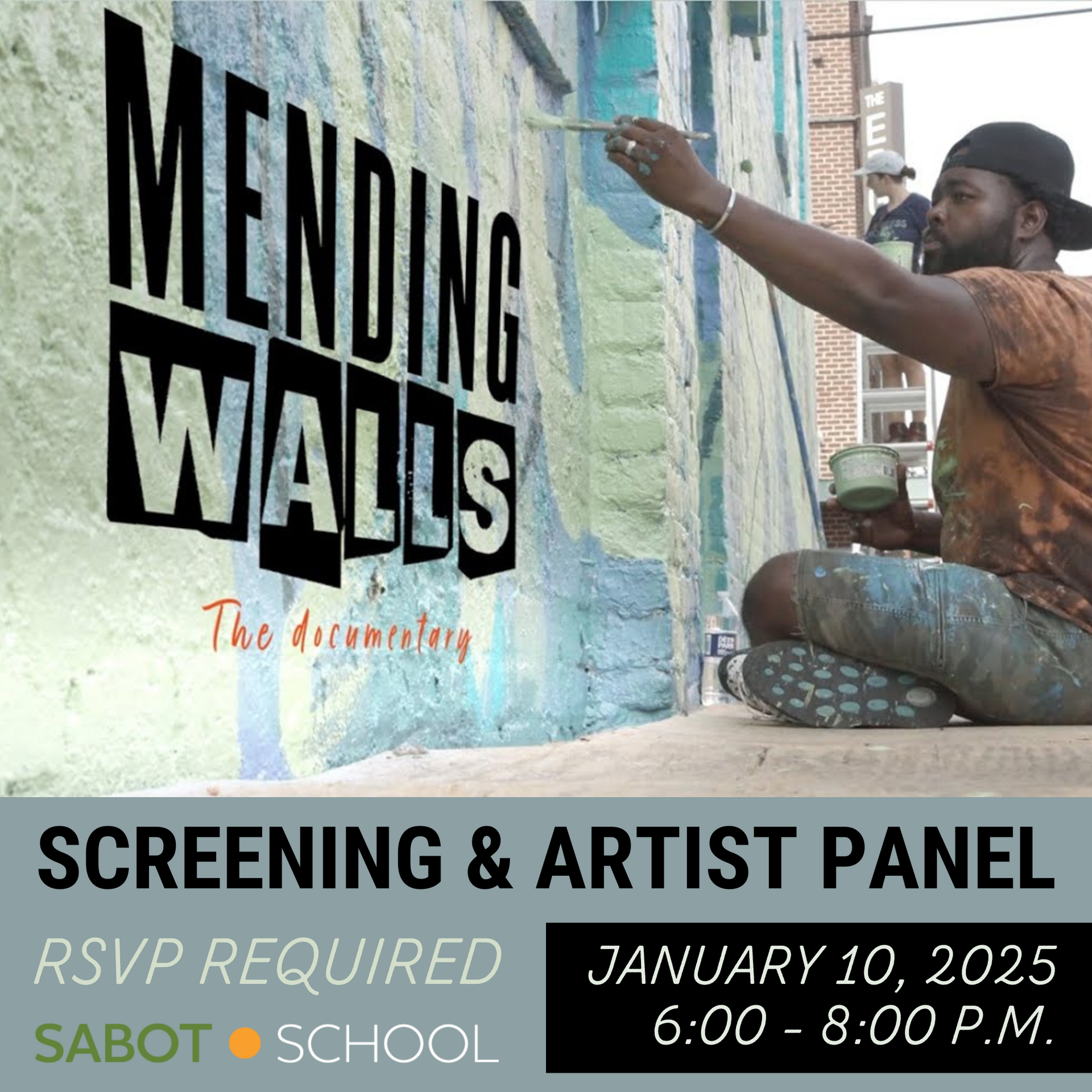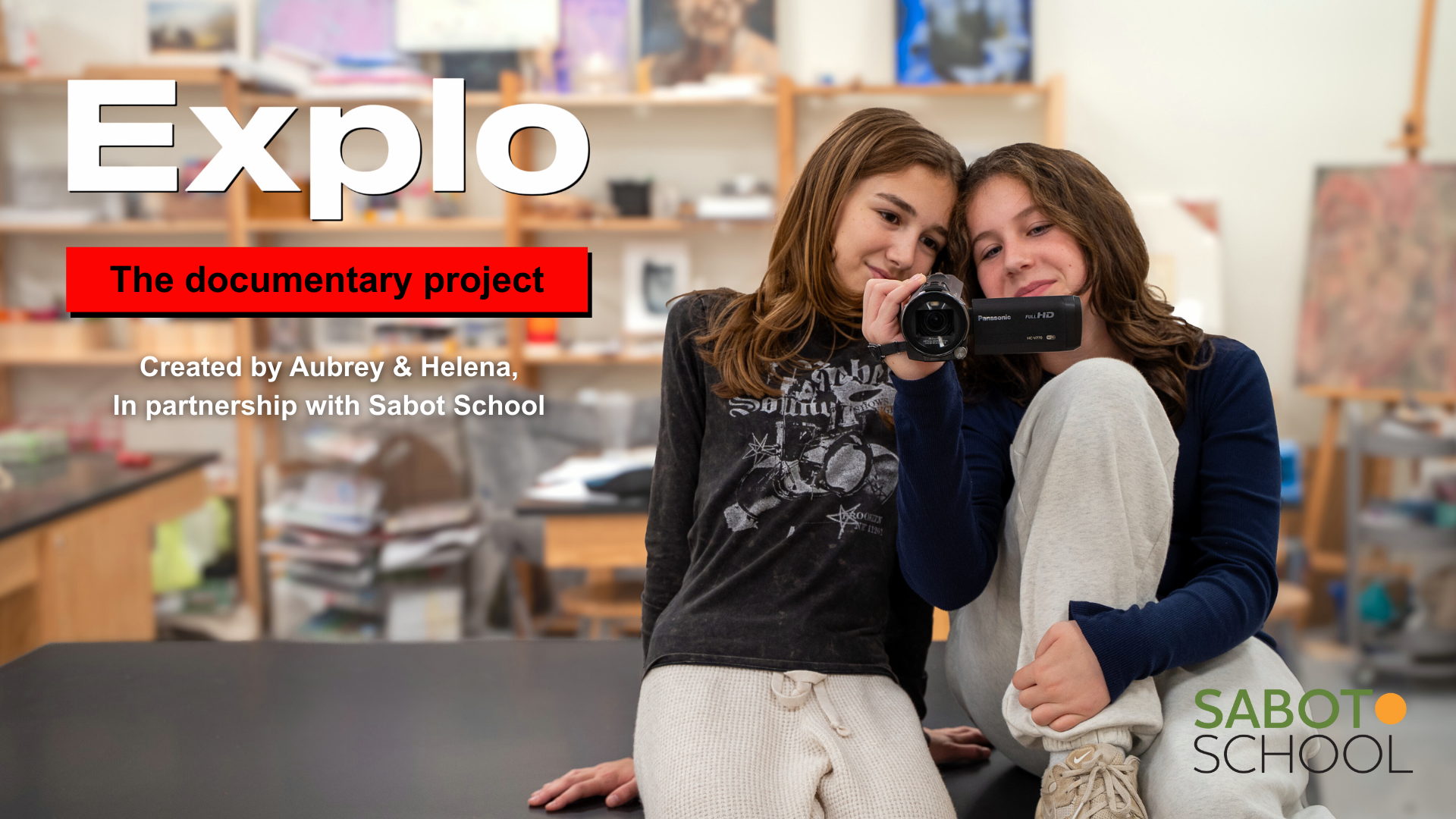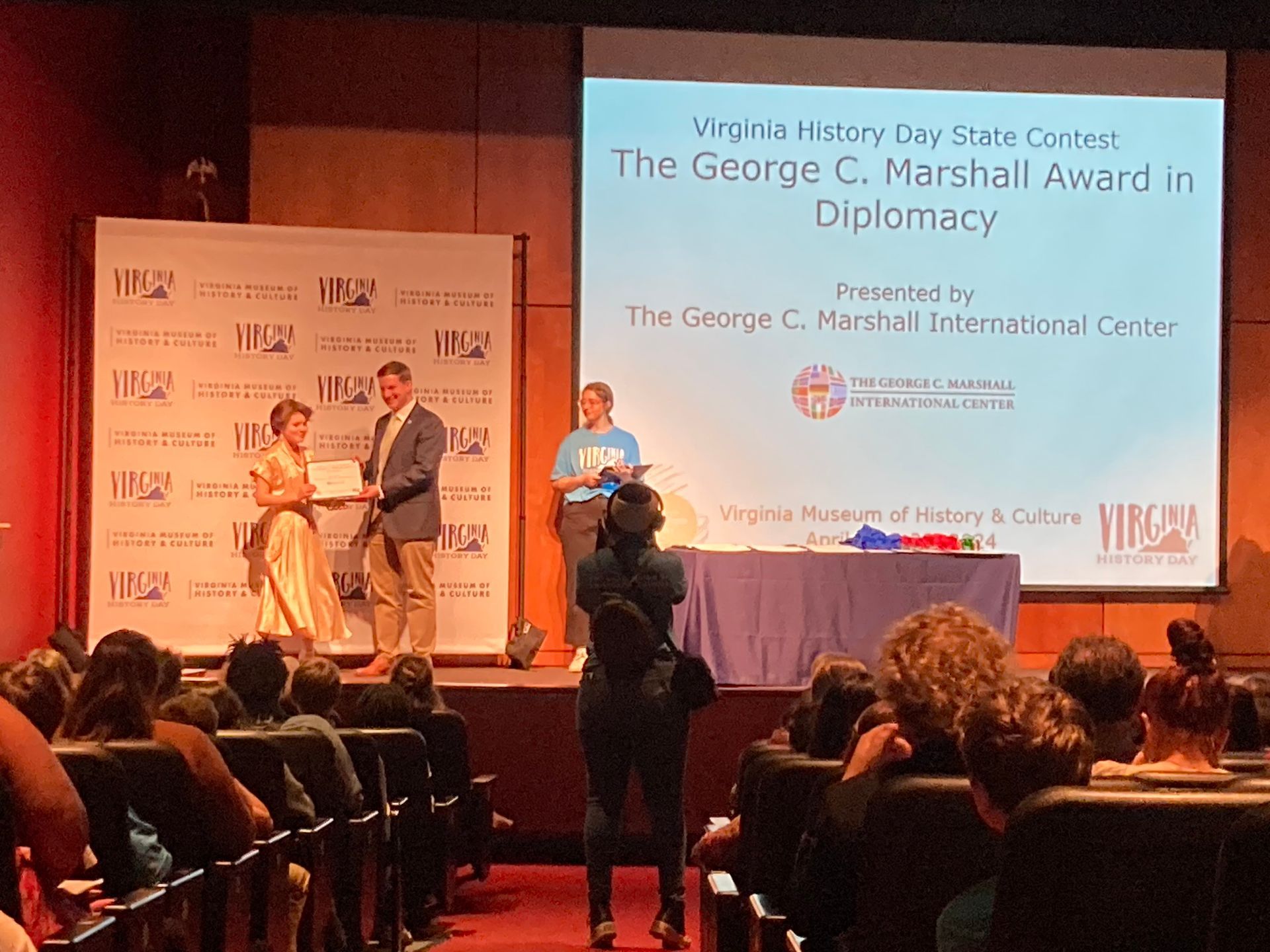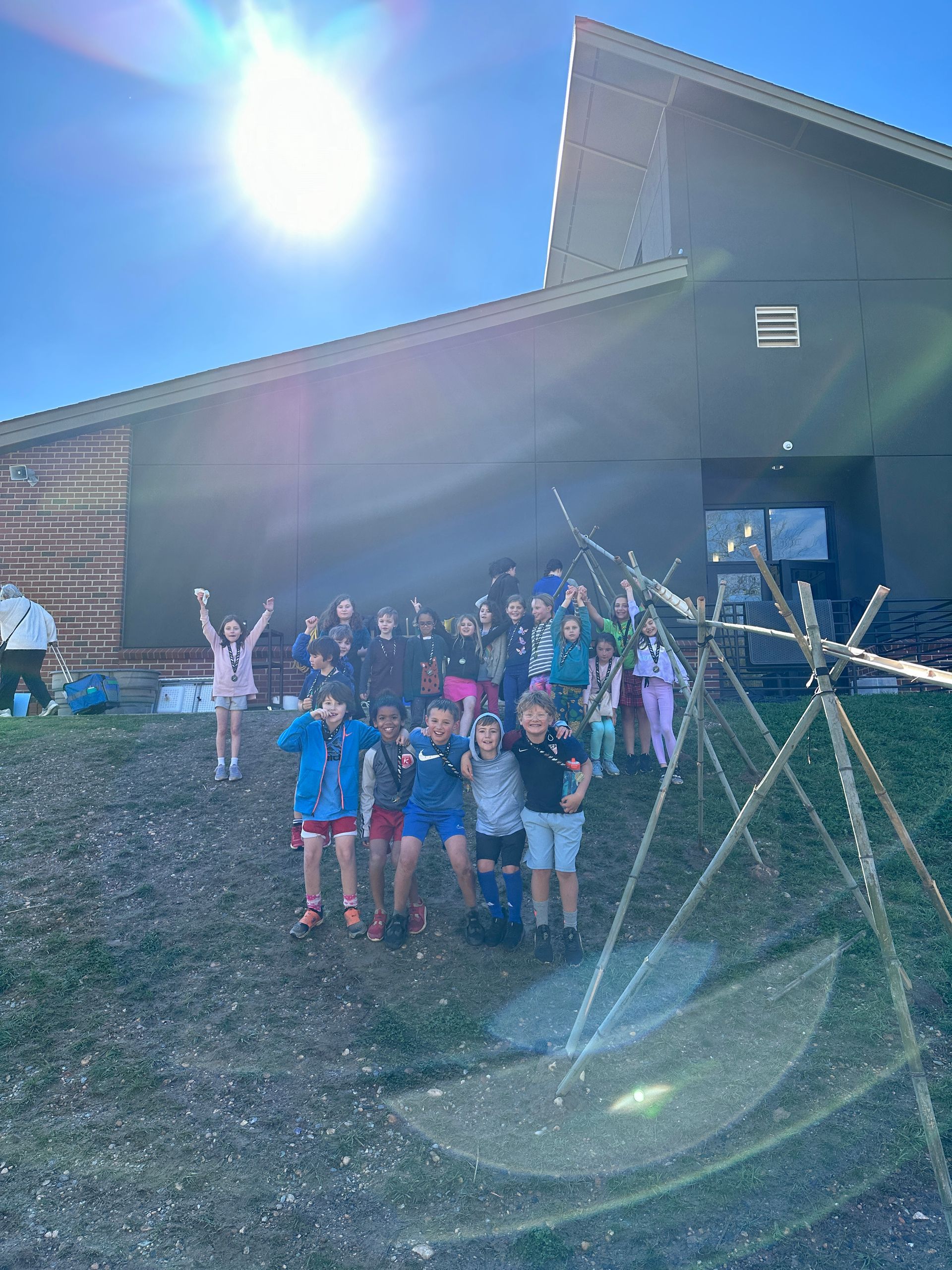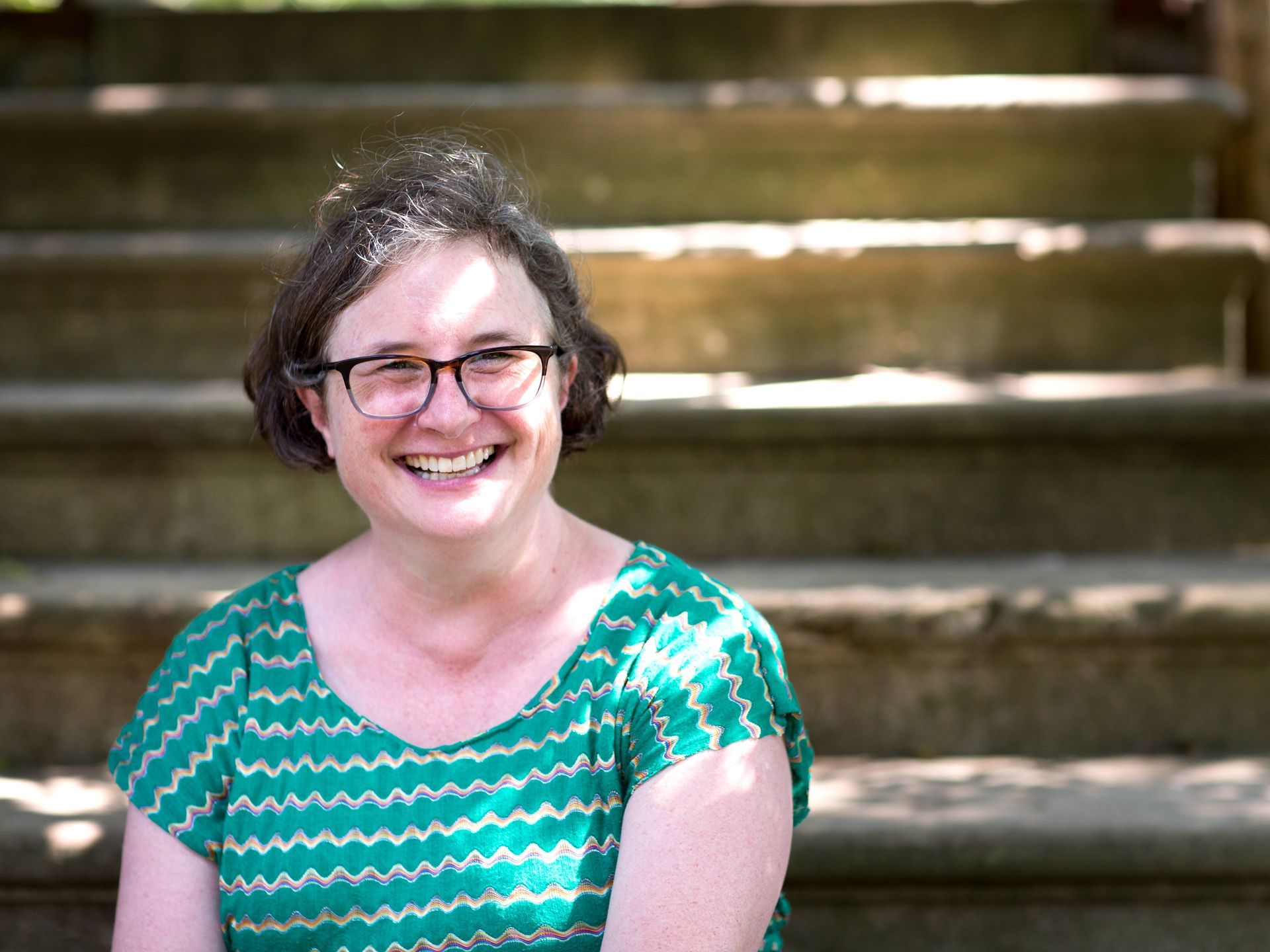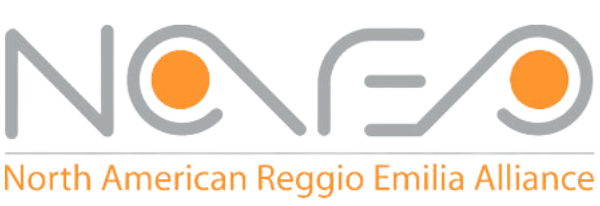Going Gradeless, Growing Learners: Our Paradigm for Assessment
A message for learning groups at Sabot
November 2, 2022
“We seem to have forgotten there could be any other way..." —Steve Seidel
As we approach completion of the first quarter of our academic year, we turn our attention more intensively to the ways in which we measure and evaluate our older students’ learning, the ways we assess. You’ll notice the word “grade” is absent from that sentence, and this is significant. One of several formalized changes in Middle School at Sabot this year is a pivot
toward individualized feedback and assessment and
away from traditional modes of evaluation, such as the 10-point grading scale. It may feel like a radical move—and it is certainly bold—but “gradelessness” is a well-researched, well-documented approach that aligns with Sabot’s Reggio-inspired pedagogy and progressive principles: our image of children as active participants in their learning requires that they likewise be participants in their own assessment.
To that end, and in defense of their rights as learners, Sabot has adopted a standards-based portfolio assessment model, relying heavily (as it always has, though less formally) on a cyclic rhythm involving documentation, feedback, communication and reflection in an ongoing loop year-round, not just during report season. Units of study or “learning cycles” are designed around grade-level and subject-area standards. While teachers track progress using multiple tools—narrative reports and conferences, for example—students also
track progress, revising and presenting their work, providing both evidence and explanation of their own understanding. Together, teachers and students are able to contextualize their assessment reports that more accurately and thoroughly reflect progress and proficiency at a given point in time. A letter grade—while efficient, concise, and familiar—means very little without context and, quite often, has even less to do with real learning. Of course, grading scales make it possible for larger schools to evaluate a multitude of students efficiently, but Sabot is not other schools and Sabot can do better than “efficient.” In fact, Martin Luther King Jr. notes in
The Purpose of Education, “education which stops with efficiency may prove the greatest menace to society.”*
It is our belief that an antidote for the “menace” is the school that can support critical and creative thinking, that provides the time, space, and resources for its students to learn deeply, and that does not deny them access to feedback nor the opportunity to present and affirm what they know. Gradelessness, one could argue, is wildly inefficient and it may certainly be the more difficult path; it is, nevertheless, the path Sabot chooses, and chooses with confidence. Inefficient? Maybe. Difficult? Likely. Worth the effort? Absolutely. If we want our children to like school, we must help them to love learning. And this is one way we do that.
What we know is that students are more likely to love learning when afforded the right environment, one to nurture their innate gifts, languages, curiosities, and capacities without the false assumption that excellence and perfection are always synonymous. In the best conditions—with patience, diligence, good soil— a student sows the seeds of her own learning and self-knowledge so that she might feed and be fed for years to come. Just as a flower does not bloom simply because it’s been told to, a student does not come to love learning simply because the school says she should.
There is of course more to say on this subject and many details of Sabot’s assessment paradigm are not included here. Know that we are eager to engage in further conversation and to continue sharing our research with our Learning groups and Sabot families.
Meanwhile, we commend to you this brief article by Steve Seidel, the forward to a longer work titled Lessons in Reggio, which includes the following passages.
“The need for accountability in American education has been the cornerstone for the standards-driven reform movement of the 1990s and continues to dominate our educational thought and practice. We are, in this moment in the United States, so deeply invested in the idea of psychometric and ‘scientific’ justifications for our educational practices that we seem to have forgotten there could be any other justification paradigm. We seem to have forgotten there could be any other way to hold ourselves accountable.
…
“Perhaps we hesitate as we approach this alternative paradigm of accountability because we know instinctively that it is a difficult path, demanding much of those who follow it. Yet it seems always better to be on a difficult—even extremely difficult—path than a path that, in my heart, I believe won’t lead where I want to go. The challenge and beauty of coming to know the experience in Reggio is to confront the possibility that I could work—as they have—with others to create the reality I would like to live in…whatever the demands of that creative act.
*7th and 8th graders still need letter grades on their transcripts for many high school applications. For this reason, Sabot’s numerical paradigm (on a scale of 4-1, with 4 meaning “advanced application” of particular competencies within a given timeframe) will correlate with traditional letter grades of A-D. There are no “F”s and no “0”s. If a student does not demonstrate a basic understanding of grade level standards throughout a semester, an incomplete will be issued with further recommendations as appropriate. It should also be noted that assessments for younger students’ learning—Kindergarten through Grade 5—involve a necessarily different approach, though the model is similar; there are formal mid-year and final assessment reports and student learning is documented year-round in portfolios and communicated in conferences.
__________________________________
Steve Seidel is the director of the Arts in Education Program at the Harvard Graduate School of Education where he studies the use of reflective practices in schools, the close examination of student work, and documentation of learning. This research currently included The Evidence Project, a study using student work as evidence of learning and teaching, and Making Learning Visible, a study of group learning and assessment in partnership with the Reggio Emilia early childhood schools in Italy. His work over the past decade has largely focused on the improvement of teaching and assessment across elementary and secondary settings.
SHARE THIS POST
